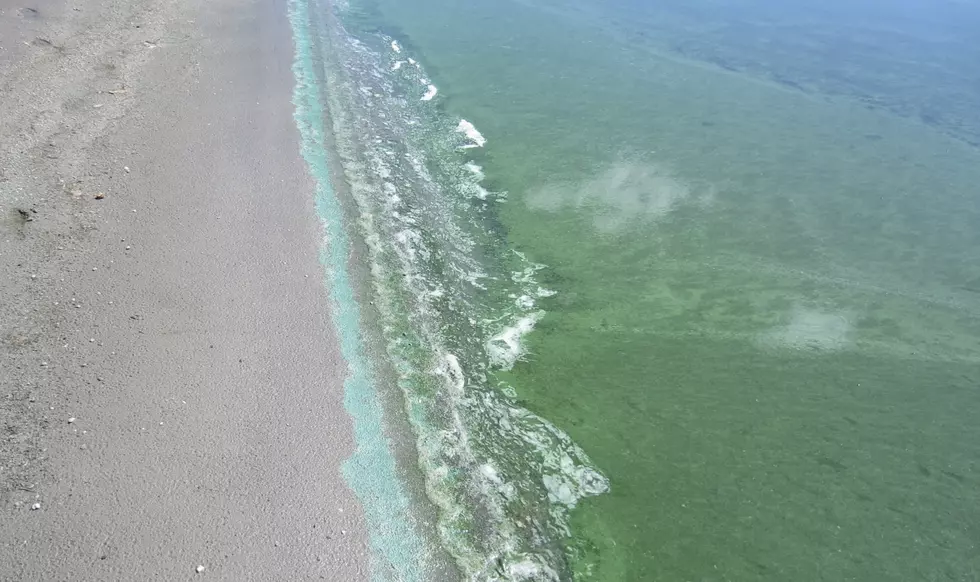Luca Looking To Proceed On Wyoming Methane Farming
A Colorado company expects to get regulatory approval soon so it can begin to exploit bacteria to revive hundreds of tapped-out gas wells in northeast Wyoming.
The Wyoming Department of Environmental Quality is considering granting a permit to Luca Technologies Inc. that would allow the company to put substances underground to encourage the growth of bacteria. The U.S. Bureau of Land Management also is reviewing the company's plans.
The bacteria are naturally present in water-saturated coal seams. They eat the coal and produce methane gas as a byproduct.
Officials with Golden, Colo.-based Luca expect their process to produce a slow but steady stream of gas from existing coal-bed methane wells that otherwise wouldn't be producing any gas at all.
Luca has begun reviving gas production from about 100 coal-bed methane wells a few miles west of Gillette by recharging them with groundwater drawn from about 15 other wells.
"The production has come back well. We're still in the early stages. These wells were shut in for almost two years and so we're in the process of bringing production on. But they're doing well," said Bob Cavnar, chief executive officer for Luca.
Luca hasn't been putting microbe-stimulating substances into those wells yet. The company first wants to obtain a Wyoming Department of Environmental Quality permit to do so in some 230 coal-bed methane wells it has acquired a few miles north of Gillette.
State officials say they expect to issue the underground injection permit early next year after a public comment period on the permit closes Dec. 30.
"It's different in the aspect that it's not waste disposal. The majority of underground injection permits that we issue are almost entirely for waste disposal," said Kevin Frederick with the department.
He said the department has received a handful of comments on the proposed permit including from the Powder River Basin Resource Council, a group that has questioned the wisdom of the process.
While Cavnar describes the substances Luca plans to use as nutrients similar to food additives, Jill Morrison with the council calls them chemicals that are potentially harmful.
"Basically our concern is those types of chemicals should not be injected in any amount into the drinking water aquifer," Morrison said.
She mentioned as potential concerns acetic acid, decanoic acid and potassium phosphate, all of which can be slightly toxic in sufficient concentrations.
The total volume of microbe stimulants Luca plans to put into its wells are diluted into a "single percent" volume, then diluted even further in the aquifer, Cavnar said.
"It mixes again with water already there. So it's very, very low once it hits the formation itself," he said.
The Wyoming Oil and Gas Conservation Commission spent much of this year weighing how to permit Luca's process. In September the commission decided that federal regulations for protecting groundwater, which the state Department of Environmental Quality is responsible for enforcing, were sufficient.
The U.S. Bureau of Land Management announced Tuesday it was extending a public scoping period for Luca's plans for more the wells north of Gillette from Jan. 3 to Jan. 17. BLM Buffalo Field Office Manager Duane Spencer said a lot of people seem to be interested in and have opinions about Luca's plans in the Power River Basin.
More From K2 Radio









